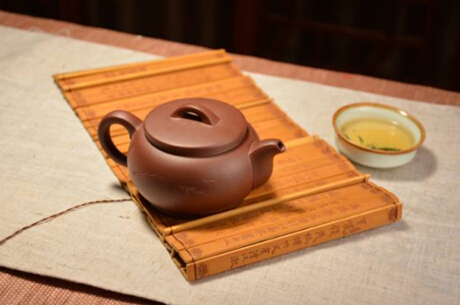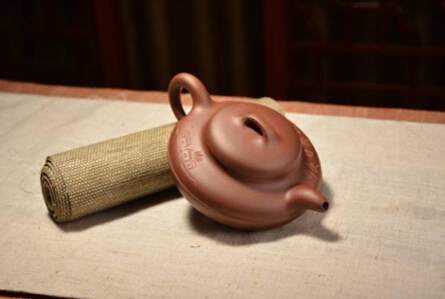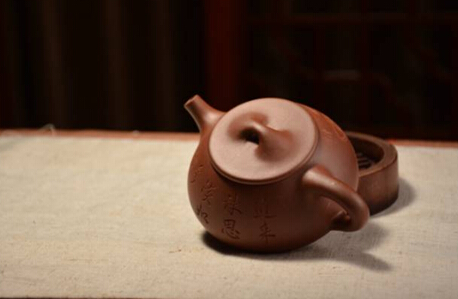Nowadays, it is often said that drinking tea is good for health preservation, but concerns about harming or nourishing the stomach are also frequently discussed. So, does tea really harm the stomach? How can drinking it cause harm? Are there ways to drink tea without harming the stomach? And how can tea actually nourish the stomach? Let’s explore these questions and understand the relationship between tea and the stomach!
The stomach is a sturdy, bag-like organ located in the upper abdomen below the lungs. The wall of this bag, called the gastric wall, consists of three layers of tissue: the inner mucosal layer, the middle muscular layer, and the outer serosal layer. The mucosal layer contains gastric glands responsible for secreting mucus, gastric acid, and pepsin. Gastric acid is highly acidic, and when food enters the stomach, the acid secretion increases, lowering the pH to below 2. Pepsin helps digest and break down proteins. Mucus acts as a lubricant and barrier, protecting the mucosa from corrosion by gastric acid and digestion by pepsin.

First, drinking tea replenishes water in the body. Adequate hydration ensures sufficient mucus secretion, which protects the mucosal epithelium.
Second, the pH of tea is typically between 5.5 and 7, making it weakly acidic. Compared to the strong acidity of gastric acid, tea’s acidity is negligible and does not irritate the gastric mucosa or neutralize stomach acid.
Third, tea contains caffeine, which briefly stimulates the central nervous system, promoting gastric acid secretion and gastrointestinal motility to aid digestion—hence the saying "tea aids digestion." However, if the stomach is empty, excessive gastric acid can irritate the gastric mucosa, causing a burning or stinging sensation. Therefore, it’s important to avoid drinking tea on an empty stomach.

The claim that "green tea harms the stomach, while black tea nourishes it" lacks scientific basis.
Although black tea is warm in nature, it cannot simply be equated with stomach nourishment. While the polyphenols in tea are beneficial, they can also irritate the stomach, especially when consumed on an empty stomach. Although black tea is fermented and roasted, reducing the polyphenol content compared to green tea and thus being less irritating, it is not suitable for everyone. People with stomach issues should still be cautious with black tea, as overly strong black tea can contain high levels of caffeine, which may irritate the stomach. Therefore, while black tea’s warmth aligns with the stomach’s preference for warmth, it is not the same as nourishing the stomach.

Tea can be categorized as cooling or warming, and human constitutions also vary between hot and cold. Whether tea nourishes or harms the stomach depends on the season and individual constitution. Long-term consumption of green tea may not be ideal for the stomach, so moderation is key. If you have a hot constitution with excess internal heat, drinking more green tea can help detoxify and reduce heat. Conversely, if your stomach tends to be cold, consuming more warming teas can make your stomach happier and more efficient.
Therefore, regardless of individual differences, it is not advisable to drink only one type of tea for extended periods. Instead, a scientific approach involves rotating through the six major tea categories—unfermented, lightly fermented, semi-fermented, and fully fermented—based on seasons, temperature preferences, and times of day.

Additionally, factors like a regular lifestyle, sufficient sleep, emotional stability, and balanced stress levels are crucial for stomach health. If tea helps regulate emotions and relieve stress, it can become a valuable ally in promoting stomach health rather than harming it.